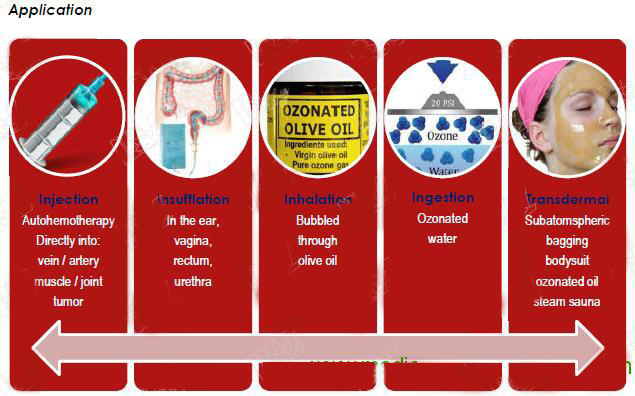


The treated wash water is free of bacteria, colour and suspended solids and can be recycled to reduce water usage. General practice for cleansing fresh fruits and vegetables requires washing in Ozonated water, and the wash water is then recaptured and treated by filtration and Ozonation.

It can eliminate undesirable flavour produced by bacteria and chemically remove ethylene gas to slow down the ripening process, allowing extended distribution. Ozone is also a strong sanitisation and fumigation agent, which can be used to sanitise foods in the storage room and during shipping to prevent bacteria, mould and yeast on the food surface and to control insects. It is capable of destroying all bacteria algae and biofilms, with no risk of resistance, build-up, immunity or toxic residues, making it an ideal choice for direct food and drink applications. Ozone has been used for over 100 years as a preservative for foods and food ingredients, as well as for purification in the brewing industry, odour control and medical therapy. Although viruses are more resistant to Ozone destruction compared to bacteria, viral inactivation occurs more readily with Ozonation than it does with halogenation. coli (which cause grave human health concerns in potable water) are readily and rapidly inactivated by Ozone. Even resistant and problematic aqueous micro-organisms, such as Giardia, Cryptosporidium, streptococcus fecalis and E. In contrast, chlorine and all other oxidising and non-oxidising biocides must be transported across the cell membrane in order to interfere with either the nuclear reproductive mechanism or various enzymatic life providing reactions in the cell, resulting in substantially less biocidal efficiency in either event.įor this reason, Ozone is capable of destroying all bacteria, algae and biofilms, with no risk of resistance build-up or immunity. Ozone owes its biocidal effectiveness to its ability to oxidise organic material in bacterial membranes, which weakens the cell wall and leads to cell rupture, causing the immediate death of the cell. As an oxidising agent, Ozone is 51% stronger than chlorine and has a kill rate of 3.125 times faster.


 0 kommentar(er)
0 kommentar(er)
